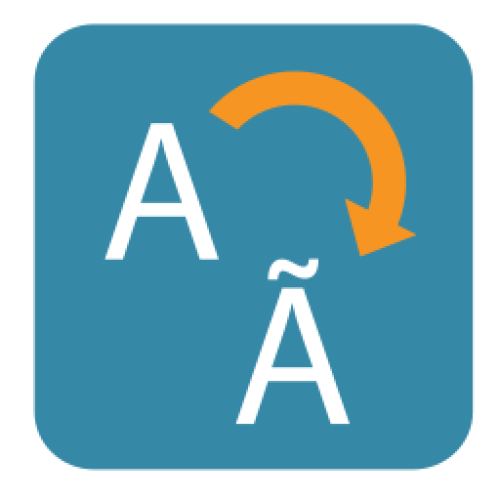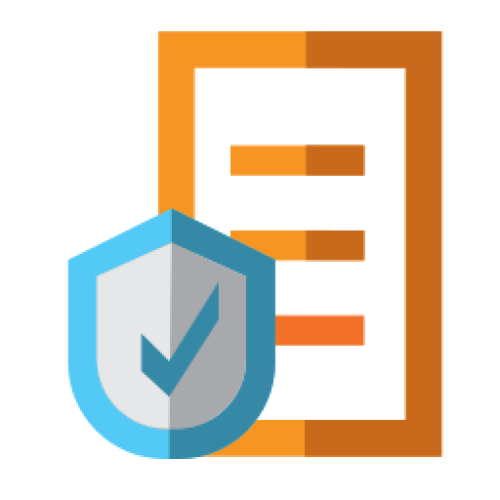Features: A-Z Index
A
B
C
D
E
F
G
I
L
M
N
P
Q
R
S
T
W
Newest 10 Entries
| Question | What are some social considerations for running a website with community features? |
|---|---|
| Answer | Managing a community involves addressing social issues like child protection, free speech, discrimination, and abuse. Establish clear policies on these matters, including content moderation guidelines and procedures for handling feedback. Consider the diverse personalities and potential vulnerabilities of your users. |
| Question | What are my legal responsibilities regarding illegal content posted by users? |
|---|---|
| Answer | While "safe harbor" laws offer some protection, you are still obligated to take down illegal content upon becoming aware of it. Implement measures like content checks, clear rules prohibiting illegal uploads, and liability disclaimers. The level of responsibility varies depending on the severity of the content, from copyright infringement to more serious criminal content. |
| Question | What steps should I take to make my website accessible? |
|---|---|
| Answer | Website accessibility is essential for inclusivity and may be legally required under anti-discrimination laws. Composr is designed to meet high accessibility standards, but you need to maintain this when creating content or modifying templates. Following WCAG guidelines is crucial, and you can find more information in the accessibility tutorial. |
| Question | How can I ensure my website complies with email marketing laws? |
|---|---|
| Answer | Email marketing laws like CAN-SPAM protect recipients' rights to unsubscribe. Your website must include a clear 'List-Unsubscribe' header in every email, offer an easy unsubscribe process, and respect unsubscribe requests promptly. Composr provides built-in mechanisms, including an unsubscribe endpoint and support for the List-Unsubscribe header, to facilitate compliance. |
| Question | What are my responsibilities regarding user privacy? |
|---|---|
| Answer | You must have a comprehensive privacy policy that details the personal data you collect, its usage, and if it's shared with third parties. Laws like GDPR have strict requirements, including logging data access, data purging, and security measures. California law mandates specific elements in your policy, like handling "Do Not Track" requests and a clear process for communicating changes. Composr has an automatic Privacy Policy generator block to help you get started. This is used by default. |
| Question | How can I create effective website rules? |
|---|---|
| Answer | A well-defined rules page is crucial for setting expectations for user behavior and outlining consequences for violations. It should cover a range of offenses with appropriate punishments, reference relevant laws, and assign legal responsibility to users. Composr provides default rules pages that can be customized, and this page is displayed to users upon joining the site. |
| Question | What are the key legal considerations for running a website? |
|---|---|
| Answer | Several legal aspects need careful attention when operating a website, especially for large or corporate sites. These include establishing clear rules and terms of service, adhering to privacy laws like GDPR and California's regulations, managing personal data responsibly, complying with email marketing regulations like CAN-SPAM, ensuring website accessibility, addressing eCommerce regulations, and understanding liability for content and user actions. |
| Question | How do data-tpl and data-view behaviors work in Composr's JavaScript? |
|---|---|
| Answer | Composr uses data-tpl and data-view behaviors for associating HTML templates and JavaScript views, respectively. This facilitates clean separation of presentation and logic:
|
| Question | What are the advantages of using Composr's JavaScript libraries? |
|---|---|
| Answer | Composr's JavaScript libraries like $cms, $util, and $dom offer several advantages:
|
| Question | How does Composr implement the Model-View-Controller (MVC) pattern? |
|---|---|
| Answer |
|
Top 10 Entries
| Question | What are orphaned pages and how should I handle them? |
|---|---|
| Answer | Orphaned pages are pages that exist within the Wiki+ database but are not linked to the main tree structure. These pages are not accessible through the tree navigation but can still be reached through direct links or cross-linking. Orphaned pages are not necessarily problematic. They can be intentional if you prefer to link pages using the wiki-style syntax instead of a rigid tree hierarchy. You have the flexibility to choose the linking method that best suits your content organization. |
| Question | How can I create and organize pages in Wiki+? |
|---|---|
| Answer | Pages in Wiki+ can be created in several ways:
|
| Question | How does Wiki+ differ from a regular wiki? |
|---|---|
| Answer | While Wiki+ shares similarities with traditional wikis, it provides two key distinctions:
|
| Question | What is Wiki+? |
|---|---|
| Answer | Wiki+ is a feature in Composr that allows you to create a collaborative, tree-structured database of information. It functions similarly to a traditional wiki but offers enhanced features such as post contributions, a hierarchical structure, and moderation capabilities. |
| Question | Are there other Composr features helpful for support? |
|---|---|
| Answer | Yes, features like:
|
| Question | Can I integrate a dedicated issue management system with Composr? |
|---|---|
| Answer | While Composr doesn't have a built-in issue tracker, a non-bundled addon (cms_homesite_tracker) provides an integrated, modified version of Mantis. Additionally, the Support Ticket system can function as a basic private issue tracker using features like Post Templates. |
| Question | How can I restrict access to the support system to specific users? |
|---|---|
| Answer | Utilize Composr's page access permissions to control who can access the Support Ticket page. This ensures only authorized users can submit support requests. You can also control permissions based on ticket type when adding or editing a ticket type. Make sure if you go this route that the Support Ticket page permissions are very liberal (e.g. allow anyone to access, or just restrict to guests if you will never allow guests to make tickets). Otherwise, some people cannot make tickets even if they have permission on the type. |
| Question | What are Post Templates and how are they beneficial for support? |
|---|---|
| Answer | Post Templates are predefined text blocks that can be used as templates for new forum posts. They are particularly useful in support scenarios by:
Post Templates can be configured to be the default post in specific forums or restricted to certain user groups. Go to Admin Zone > Structure > Forums > Post Templates. |
| Question | How does Composr handle email integration for support? |
|---|---|
| Answer | Composr can integrate with email for ticket management, assuming certain requirements are met:
With email integration, users can submit tickets via email, and staff can reply through the system. Composr cleans up email text for ticket clarity and allows forwarding emails to the integrated address for efficient handling. |
| Question | How can I categorize and prioritize support requests? |
|---|---|
| Answer | Support Ticket System: Utilize support ticket types, managed in the Admin Zone > Setup > Support tickets. Staff can set individual notifications for different types. Discussion Forums: Create dedicated subforums for different support categories or priority levels. Feedback System: The content to which the feedback is attached implicitly categorizes it. For prioritization, subforums can be used. |















































